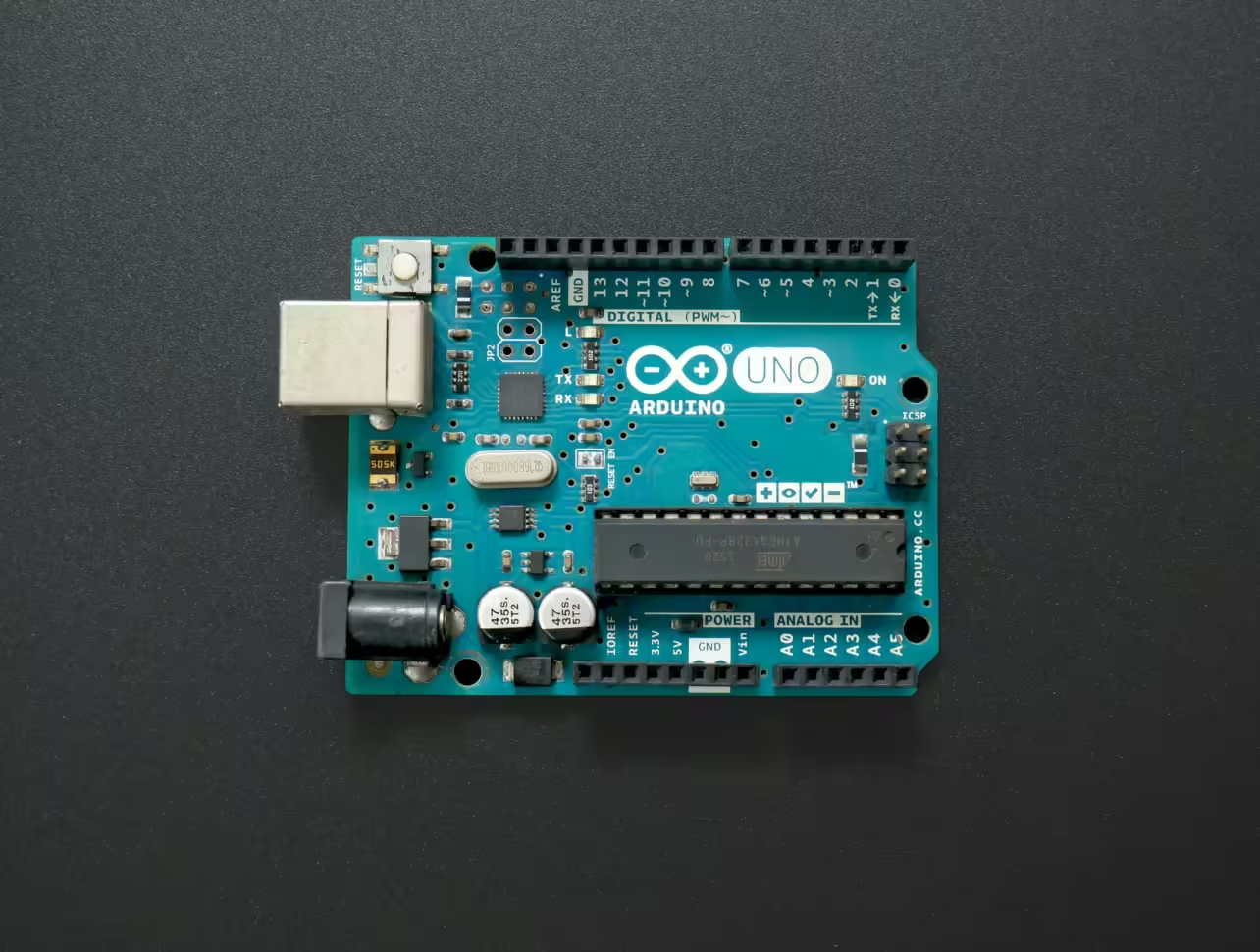So, you’re itching to dive into the exciting world of embedded systems and microcontrollers? Fantastic! But with so many options out there, choosing the best microcontroller for beginners can feel overwhelming. Trust me, I’ve been there!
That’s why I’ve put together this guide to help you navigate the maze of microcontroller units (MCUs) and find the perfect one to kickstart your journey. We’ll explore the key features to consider, compare some popular choices, and equip you with the knowledge to make an informed decision.
Why Choosing the Right Microcontroller Matters
Before we jump into specifics, let’s understand why selecting the right microcontroller is crucial, especially for beginners. Think of it like choosing your first car. You wouldn’t want to start with a high-performance sports car with complex controls, right? Similarly, starting with a user-friendly and versatile microcontroller will set you up for success.
The right MCU will offer:
- Ease of Learning: A beginner-friendly microcontroller should have ample learning resources, a supportive community, and intuitive programming tools.
- Affordability: Starting with a budget-friendly option allows you to experiment and learn without breaking the bank.
- Versatile Features: A good starter microcontroller will have enough features to support a wide range of projects, from simple LED control to more complex sensor integration.
Key Features to Consider
When evaluating different microcontrollers, keep these key features in mind:
- Processing Power: The processing power, measured in clock speed (MHz), determines how fast the microcontroller can execute instructions. For beginners, a moderate clock speed is sufficient.
- Memory: Both RAM (Random Access Memory) and Flash memory are important. RAM stores data temporarily during program execution, while Flash memory stores the program itself.
- Peripherals: These are the built-in components that allow the microcontroller to interact with the outside world. Look for features like digital and analog input/output pins, communication interfaces (UART, SPI, I2C), and timers.
- Development Tools: Consider the availability of Integrated Development Environments (IDEs), debuggers, and programming libraries that simplify the development process.
Top Contenders for the Best Microcontroller for Beginners
Now, let’s dive into some of the most popular choices for beginners:
1. Arduino Uno: This is arguably the most popular microcontroller board for beginners. It’s incredibly user-friendly, has a vast online community, and offers a wealth of tutorials and projects. The Arduino IDE simplifies coding and uploading programs. You can find a great deal on the Arduino Uno on Amazon! (Affiliate Link)
2. ESP32 & ESP8266: These microcontrollers are known for their built-in Wi-Fi capabilities, making them ideal for IoT projects. They offer a good balance of features, affordability, and ease of use. Check out the latest ESP32 development boards on Adafruit! (Affiliate Link)
3. STM32 Microcontrollers: The STM32 family offers a wide range of microcontrollers with varying processing power and features. While they might have a steeper learning curve, they provide more flexibility and power for advanced projects. Explore the STM32 product line on Digi-Key Electronics! (Affiliate Link)
Making the Right Choice
Ultimately, the best microcontroller for beginners depends on your individual needs and project goals. If you’re just starting out, the Arduino Uno is a fantastic choice. If you’re interested in IoT projects, the ESP32 or ESP8266 might be a better fit. And if you’re looking for more power and flexibility, consider exploring the STM32 family.
Don’t be afraid to experiment and try different microcontrollers. The learning process is just as important as the final product. Embrace the challenge and enjoy the journey of bringing your ideas to life with the power of embedded systems!


3 comments
Very interesting info!Perfect just what I was looking for!